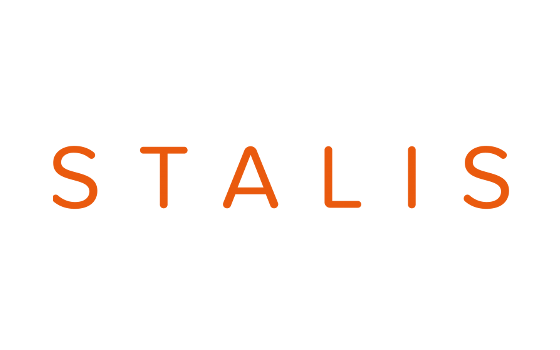 The Royal Wolverhampton NHS Trust (RWT) has completed a successful data migration and archive project, supported by healthcare data specialist Stalis, to centralise patient demographic and scheduling information, helping to deliver more coordinated and efficient patient care. The project included safely and securely transferring patient data from the trust's Community Services IT system to its central Patient Administration System (PAS).
The Royal Wolverhampton NHS Trust (RWT) has completed a successful data migration and archive project, supported by healthcare data specialist Stalis, to centralise patient demographic and scheduling information, helping to deliver more coordinated and efficient patient care. The project included safely and securely transferring patient data from the trust's Community Services IT system to its central Patient Administration System (PAS).
This means that the trust will be able to build and expand the use of its Clinical Web Portal to consolidate and standardise working practices across the organisation that will support the delivery of clinical information to frontline staff. Furthermore, reporting systems will now be provided from one data repository which will drive efficiencies in the provision of information to frontline staff.
Data processing across the project was in line with NHS information governance protocols, and enhanced the delivery of direct care - a key principle of the recent review into patient data by Dame Fiona Caldicott.
The trust took on the Community Services from Wolverhampton City Primary Care Trust under the Transforming Community Services (TCS) agenda in 2011 but patient information was held in different systems. In July 2016 the iPM system used by the Community Services came to the end of its contract thus providing a natural migration point for the trust.
RWT used Stalis' robust and secure CareXML® platform to match and merge over 109,000 master patient index (MPI) records that include essential patient demographic information such as name, gender, date of birth, and contact information. Over 20,000 records and around 5,000 new registrations were created for patients which were not already in the PAS.
Around 140,000 referrals as well as other clinical activity data were transferred across. The trust is using the CareXML browser, part of the platform, to view a secure and accessible historic archive of non-migrated data. Using the archive reduced the amount of data that needed to be transferred, and further mitigated potential risks for data handled during the process.
Nick Bruce, Associate Director of ICT at RWT, said: "It's critical that patient information is accurate and up-to-date to support hospital processes such as sending appointment letters to patients or notifying their GPs on progress with their care."
As part of the project, Stalis, which has worked with many NHS trusts to extract, cleanse, transform and migrate data to and from almost every NHS application, provided a data quality assessment and strategies for cleansing.
Such an approach helps NHS organisations such as RWT ensure that it is processing patient information in a way that has a direct benefit on patient care, and data cannot be mishandled or shared unnecessarily. This was a key measure of the latest aforementioned Caldicott report, which recognised that technology could help protect patient data.
"We were impressed by how the team at Stalis were very knowledgeable, responsive to our need. The communication between us was great, we were always kept informed on progress," said Bruce.
Andrew Meiner, Managing Director at Stalis added: "Data is an integral part of today’s healthcare providers’ long-term strategies and day-to-day operations to managing patients' care efficiently and effectively. RWT took a very prudent approach to managing the transfer of data from one system to another. Our experienced team, along with our proven data migration and archiving solutions, helped to reduce risks and improve data quality, giving the trust confidence when moving its data to a new system."
The trust was able to streamline the procurement process by selecting Stalis' services through the G-Cloud 7 framework, saving it time and cost compared with negotiating and agreeing individual, lengthy and expensive procurement contracts.
About The Royal Wolverhampton NHS Trust
With an operating budget in excess of £507million (for 2015/16) the trust is one of the largest acute and community providers in the West Midlands having more than 800 beds on the New Cross site including intensive care beds and neonatal intensive care cots. It also has 80 rehabilitation beds at West Park Hospital and 54 beds at Cannock Chase Hospital. As the second largest employer in Wolverhampton the Trust employs more than 8,000 staff.
About Stalis
Stalis are specialists in data migration and integrated care record solutions with over 30 years' experience of managing NHS data to create high-quality, integrated records that act as the foundation for safe and efficient care. Stalis' solutions support customers looking to deliver integrated care services, migrate smoothly to new systems, improve the quality and accuracy of their data and enhance their business intelligence and reporting capabilities. Customers in both trusts and clinical commissioning groups turn to Stalis because of its proven methodology and functionally rich software tools, healthcare-only focus and strong track record in successful project delivery.